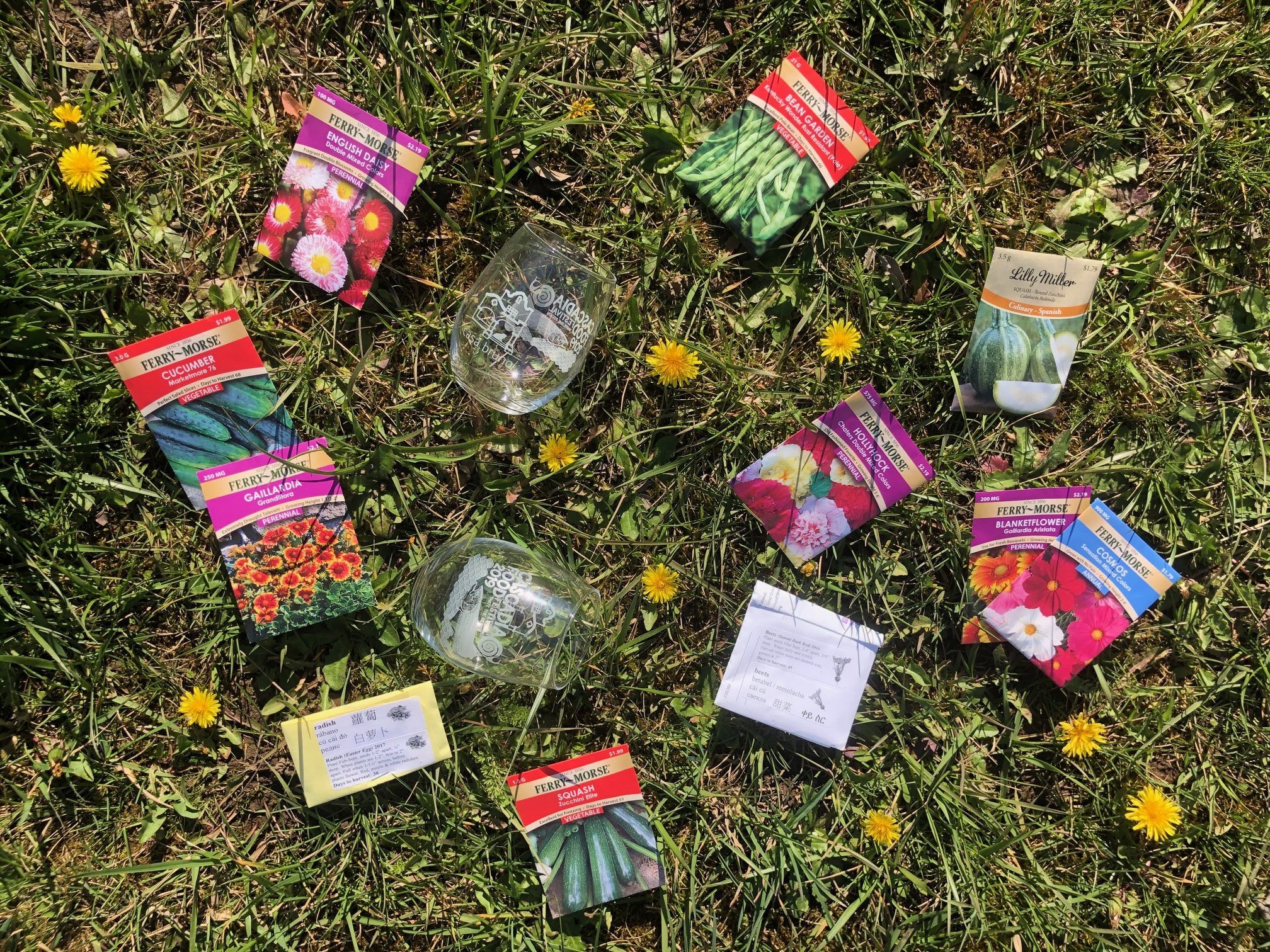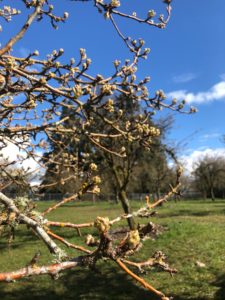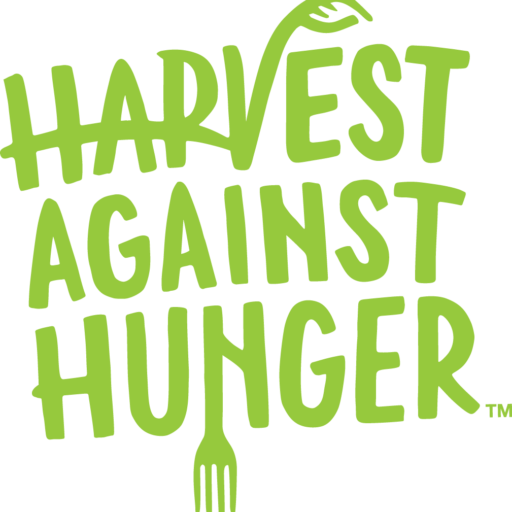
The Importance of Community Resilience in Crisis
26 Mar 2020, by Admin in Harvest Blog, Slow Food SW WAHarvest Against Hunger VISTA Lynsey Horne serves as program coordinator of Urban Abundance, a program of Slow Food SW WA in Vancouver, WA. Slow Food SW WA is an international organization that advocates for good, clean, fair food for all, and their program Urban Abundance’s mission is to engage neighbors in the maintenance, harvest, and creation of edible landscapes that are accessible to everyone. Urban Abundance is currently partnered with five fruit tree orchards in the Vancouver area to coordinate the seasonal maintenance, harvest, and donation of the fruit to the food bank, and holds workshops and other events throughout the year to engage community members in their own food sovereignty.
At this point, there isn’t a soul in the world who hasn’t heard of COVID-19. The novel coronavirus has taken the international community by storm in the past month infecting, at the time of writing, over 420,000 people and killing over 18,000. The world, collectively, is dealing with something that the majority of people have never seen in their lifetimes and figuring out how to proceed in this time of uncertainty has not been easy.
As with most crises, those most vulnerable are bearing the brunt of this pandemic and underlying systemic issues are making their way to the forefront of American consciousness. As more and more people are put out of work and left without an income source, the millions of Americans living paycheck to paycheck becomes an even starker reality. Suddenly, millions of Americans don’t know how they’re going to pay their rent, let alone feed their families.
The fact is that, even without a global pandemic, the US’s industrial food system is woefully unequipped to ensure all Americans have equitable access to fresh, healthy food. Add in a crisis at this level and the work that Harvest Against Hunger, their VISTA cohort across the country, and what other gleaning organizations are doing becomes even more paramount. But what do they do when the world is on pause?
Up until a few weeks ago, Harvest VISTA Lynsey Horne was holding regular work parties in community orchards in Vancouver, WA with Urban Abundance, training volunteers on how to prune fruit trees so that they could take those skills back to their home orchards further prepared to grow their own food. She was planning a “Master Gleaners” class to teach folks how to forage, grow, process, and recycle their food, become the architects of their own food sovereignty, and train a new generation of volunteers that will continue to work and harvest Vancouver’s urban orchards and backyard fruit trees. She was also planning a “gardeners’ market” with a local coffee shop where gardeners could set up their own table and sell any excess produce their plots may have produced that season so it doesn’t go to waste.
All of these initiatives were full speed ahead until two weeks ago, when COVID-19 forced the world to slow down while our communities recover. Until the world pushes “play” again, Urban Abundance will be trying to fulfill their mission from afar. First thing on the agenda is to send out seeds to community residents to help folks start their own vegetable plots or wildflower gardens. At the end of the day, the biggest hope is that the skills that volunteers have learned through Urban Abundance since its inception in 2010- how to prune fruit trees, how to promote pollinators for food production, how to care for edible landscapes, and how to forage for little-known edible species- will stick with people and hopefully will help some stay healthy through this difficult time.
In all, the importance of local food production, equitable access to healthy food, and caring for edible landscapes has very much been underscored by what the world is collectively dealing with right now. As society faces a global pandemic, we see now, perhaps more than ever before, the importance for ourselves and our neighbors to have the skills and knowhow to opt out of a crippled industrial food system and opt in to one that serves everyone.



